Here are 4 ways the resurrected Christ Jesus actually changed the world for the better. Now, we don’t celebrate Easter the pagan religion or myth, the word is taken from Eastra, the goddess of spring, in whose honor sacrifices were offered. But we do celebrate Resurrection Day! Now, what good is it? What good has the Risen Christ brought to history? The answer is absolutely amazing!
When someone tells me in the grocery store or Starbucks…”Happy Easter” I respond by saying, “Thank you, Happy Resurrection Day to you too!” I usually get a polite smile and silence. But sometimes they ask, “what do you mean?” At that point, I do share how He changed my entire life—if they are interested in the eternal.
Resurrection Sunday is the most important day in the Christian year. For this post, I lay out four ways Jesus changed the world.
It is important because If Jesus did not rise from the grave, the entire edifice of the
Christian religion falls like a glass shattering over the tile floor.
But if he did, then the entire history of the human race changes. See here for historical evidence of this amazing event.
And it did change history! Jesus himself said
“Verily, verily, I say unto you, He that believeth on me, the works that I do shall he do also;
and greater than these shall he do…” John 14:12.
In his book, WHAT HAS CHRISTIANITY EVER DONE FOR US? How It Shaped the Modern World, Jonathan Hill of Oxford University
Jonathan Hill argues not that Christianity is the true religion or that Christianity has done more good than bad, which I think it is or did, but he rather he looks to the contribution of Christianity to the “other.”
- Christians started most educational institutions in history. Universities such as Harvard Yale, Princeton, and in Britain Oxford, Cambridge were all founded by Christians to help bring the love of Jesus through education.
All but 2 colleges were started by the Christian church in the USA. By the close of 1860, there were 246 colleges in America. Seventeen of these were state institutions; almost every other one was founded by Christian denominations or by individuals in the name of Jesus.
2. Christians helped the poor more than others. No other institution or people than the people of Jesus have given more of their time and lives to the service of the “other people” in hospitals, culture, the arts, education, society than any other. Even now the Christians are addressing world poverty, hunger, and AIDS more than any other group. The people who followed Jesus, the Church, have taken the lead in providing medical and health care, emergency relief and education to the poor and needy to the 99% than any other group in the history of the world.
3. Jesus’s people, Christians, are responsible for the creation of more humanitarian relief than any others. In particular, the duty of society to assist the poor and sick (the Roman Empire had no welfare system and no hospitals for the common man ); The American Red Cross —one of the world’s largest humanitarian networks with 13 million volunteers in 187 countries helping to respond to disasters, build safer communities, reaching an average of more than 100 million people across the globe. Then there is World Relief which serves over 4 million vulnerable people a year and has over 100,000 volunteers actively engaged in reaching their communities with life-saving messages focusing on microfinance, AIDS prevention and care, maternal and child health, child development, agricultural training, disaster response, and immigrant services. And I did not even mention Compassion International, Samaritan’s Purse, World Vision, Salvation Army and multiple other Jesus based organizations to provide food practical help in famine-stricken areas for including refugees worldwide to untold millions of people too.
4. Christians are primarily responsible for the growth of science. Contrary to popular notions, there is no dichotomy between science and Christianity. This Warfare thesis between Science and Religion, especially the Christian religion, is a myth of gigantic proportions. No one deserves more blame for this stubborn myth that these two men: Andrew Dickson White(1832-1918), the founding president of Cornell University, and John William Draper(1811-1882), professor of chemistry at the University of New York. Did you know that modern’s science’s driving force has been Christianity for hundreds of years, virtually its only significant contributor? Great men like Copernicus, Kepler, Galileo, Pascal, Descartes, Newton, Kelvin, Mendel, Boyle — all are devout Christians.
What else empowered the early Christians to change their world than the physical and historical resurrection of their Lord?
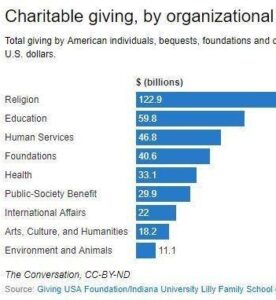
Jesus has risen from the dead and
the world has never been the same.
So Happy Resurrection day to all!
Consider these books as well that argue with a similar thesis.

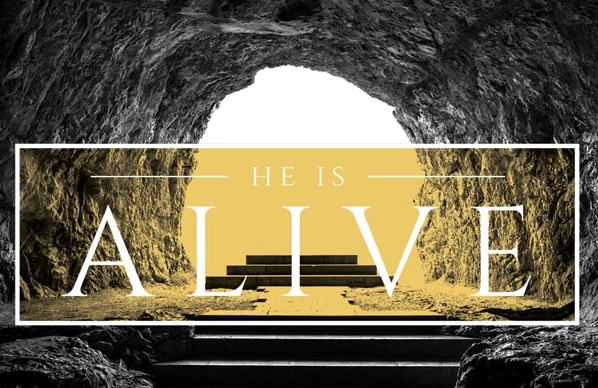
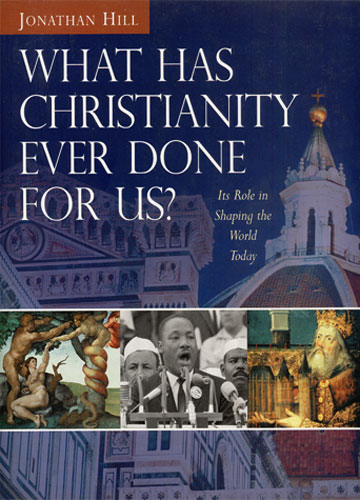
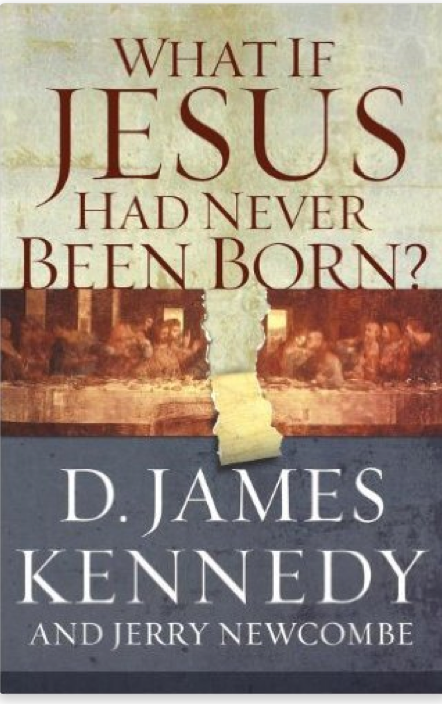
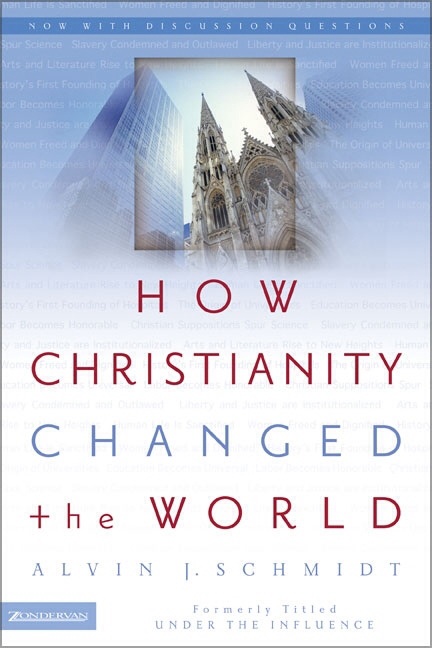

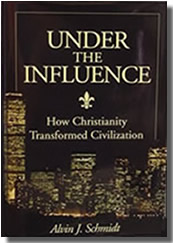

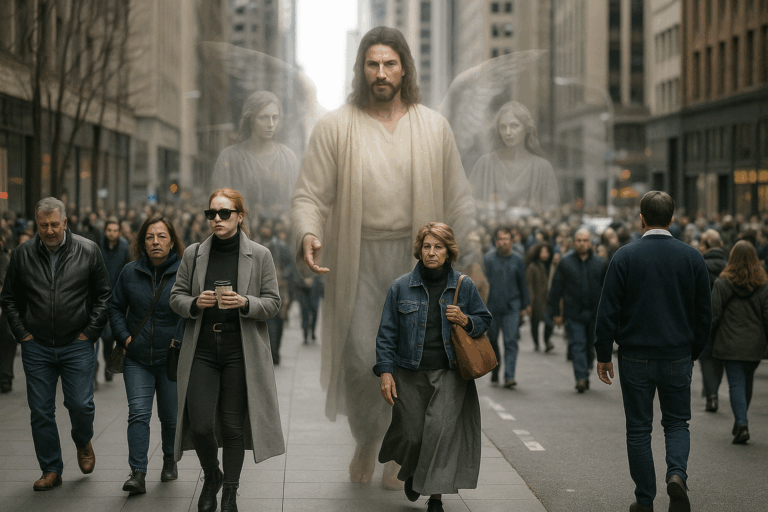

Hello Khaldoun,
Thanks for posting.
Is this not a issue for Philosophy of Language?
English and German speakers face your problem, whereas Norwegian, Dutch and all speakers of Latin derived languages, who use a word derived from the Hebrew Pessach, will not understand your issue with the reference to an old Germanic Goddess.
Taking aside the pseudo Philosophy of Language diversion above, I fully agree with you that Christianity has done more good than bad to humanity.
However sometimes the Church needed a lot of time to accept new social realities. For example From its early history Churches (Protestant, Orthodox and Catholic) have defended the social status quo. This is Illustrated by the viewpoint (up to the second half 19th century) that each Christian has the liberty to seek inner Redemption but does not necessarily have the right to seek external legal freedom. For example the encyclical Rerum Novarum is only 100 years young.
The book “The social teaching of the Christian Churches” is a very good (albeit longish) read in this respect.
https://books.google.hu/books?id=o-GnI1WbkjkC&pg=PA513&lpg=PA513&dq=social+teaching+in+protestantism&source=bl&ots=XDZTz5gXSs&sig=R3DK9CeaAUryy39zDuND0b70kE0&hl=hu&sa=X&ved=0ahUKEwjn46rqwLPMAhUjDZoKHTjLD3QQ6AEITjAE#v=onepage&q=social%20teaching%20in%20protestantism&f=false
Happy Pascha and a joyful preparation for Shavuot, Pentecost or whatever the name and meaning (giving the Law to Moses or the reception of the Spirit) might be.
I love that you call it resurrection day. My parents are very religious, Mormon, and they always say that his resurrection is actually a much more important holiday then Christmas. I grew up my whole life knowing that the emphasis of Easter or Resurrection Day, is the resurrection part and having my parents impart on me the symbolism of things we have during that holiday, like the egg.
I would say though, I feel like a lot of the statements about Christians doing more good in the world then any other religion, seems like a blanket statement. It seems like an argument you could easily prove with any religion if you chose too. Also, where are the facts of this? If a person doesn’t profess their religion while doing good in the world, then my religion get credit for the good deed. It doesn’t mean that persons religion didn’t impart some need to do good, it simply means they didn’t need some credit for it. Lastly, of course most of the college’s in the US are started by Christians, is the major religion in the US, and was the religion of the founders. I would also expect a country with Hinduism as their primary religion to have started most of the higher learning.
The article “Why I do not celebrate Easter” was not the next article that I decided to read because it appealed to my very own set of beliefs and many, especially Christians, find it odd that I do not celebrate Easter. The reason is because I know the history behind Easter and it’s wrapped in nothing but idolatry and it really just waters down and takes away the purity of Jesus’ resurrection by making it pagan celebration. Now after reading the article I love how you broke down many of the different things that Christians have brought to the society and how that if Jesus had not rose again life as everyone knows it would not be what it is today. I find that many who celebrate Easter just celebrate to collect eggs, dress nicely to church and have forgotten the reason the Lord was resurrected. By acknowledging the day as resurrection day I think it is a constant reminder to those around you as well as yourself the true reason for celebration.
The article was a great way to remind us the importance of the holiday. When we think of Easter all people think of is bunnies, egg hunting, and receiving goodies. People do not see the reason behind it or tend to really educate themselves about it. Some may think its like another Christmas, where we look forward to it because of all the perks the day comes with. But I agree with professor Sweis, we should go around saying Happy Resurrection Day, instead of saying Happy Easter. Because what we are really doing is putting the light on Eastar, the goddess of spring